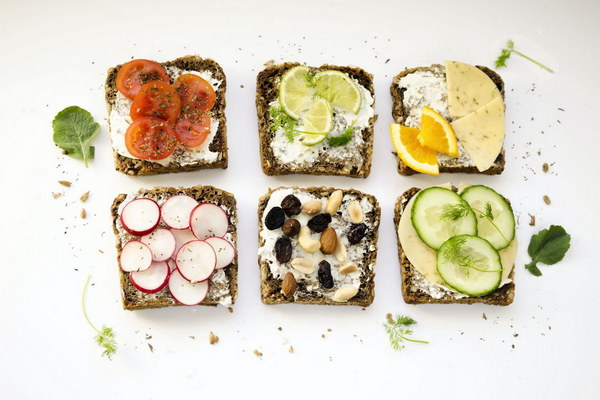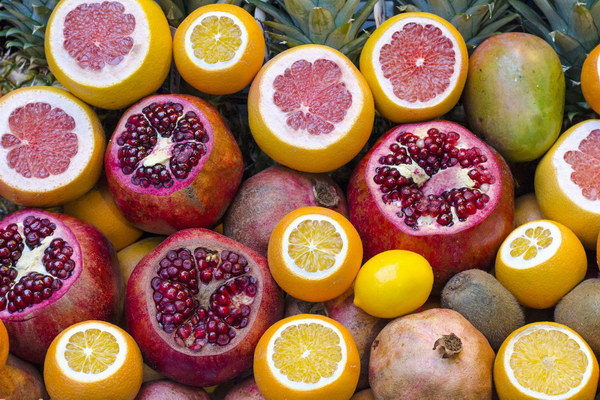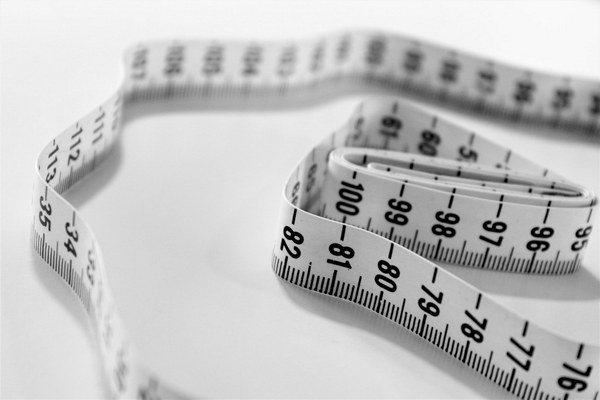Optimizing Body Hydration A Guide to Balancing Water Storage Functions
Introduction:
Water is an essential element for the human body, playing a crucial role in maintaining various bodily functions. Adequate hydration ensures optimal health and well-being. However, some individuals may experience difficulties in maintaining proper water balance, leading to imbalances in body hydration. This article aims to provide insights on how to optimize body hydration by balancing water storage functions.
1. Understand Your Body's Water Storage Mechanisms:
The human body has several mechanisms to store water, including the kidneys, liver, and cells. It is essential to understand these processes to maintain a healthy balance of water in the body.
1.1 Kidneys: The kidneys play a vital role in filtering waste products and excess water from the blood, excreting them as urine. Ensuring kidney health is crucial for maintaining proper water balance.
1.2 Liver: The liver helps regulate blood volume and blood pressure by controlling the amount of water that is reabsorbed from the kidneys. A healthy liver can effectively manage water storage functions.
1.3 Cells: Cells store water to maintain their structure and function. When cells are dehydrated, they cannot perform their roles effectively, leading to various health issues.
2. Stay Hydrated:
Drinking sufficient water is the most straightforward way to maintain proper hydration. Here are some tips to ensure you stay hydrated:
2.1 Drink Water Regularly: Aim to drink at least 8 glasses of water per day. However, individual needs may vary depending on factors like age, sex, climate, and physical activity levels.
2.2 Track Your Intake: Use a water bottle or app to track your daily water intake. This helps you stay on top of your hydration goals.
2.3 Flavor Your Water: If plain water is unappealing, consider adding slices of lemon, cucumber, or mint to infuse flavor and encourage consumption.
2.4 Hydrate with Foods: Incorporate hydrating foods into your diet, such as watermelon, cucumber, oranges, and strawberries, which contain high water content.
3. Balance Electrolytes:
Electrolytes, such as sodium, potassium, and magnesium, play a crucial role in maintaining fluid balance within the body. Here are some tips to balance electrolytes:
3.1 Consume Electrolyte-Rich Foods: Include foods like bananas, avocados, almonds, and leafy greens in your diet to ensure adequate electrolyte intake.

3.2 Use Electrolyte Supplements: In some cases, electrolyte supplements may be necessary, especially during intense physical activity or in situations where dietary intake is insufficient.
3.3 Monitor Salt Intake: Excessive salt consumption can lead to water retention and imbalances in fluid levels. Aim to consume a moderate amount of salt in your diet.
4. Manage Stress:
Stress can impact your body's ability to maintain water balance. Here's how to manage stress effectively:
4.1 Practice Mindfulness: Engage in mindfulness activities such as meditation, deep breathing exercises, or yoga to reduce stress levels.
4.2 Prioritize Sleep: Ensure you get enough quality sleep, as sleep deprivation can exacerbate stress and affect water balance.
4.3 Exercise Regularly: Physical activity can help manage stress and improve overall hydration. Aim for at least 30 minutes of moderate exercise per day.
5. Consult a Healthcare Professional:
If you continue to struggle with maintaining proper hydration, it is advisable to consult a healthcare professional. They can provide personalized advice and recommend appropriate treatments if necessary.
Conclusion:
Optimizing body hydration is essential for maintaining overall health and well-being. By understanding your body's water storage mechanisms, staying hydrated, balancing electrolytes, managing stress, and consulting a healthcare professional when needed, you can achieve a balanced water storage function and enjoy the benefits of proper hydration.









